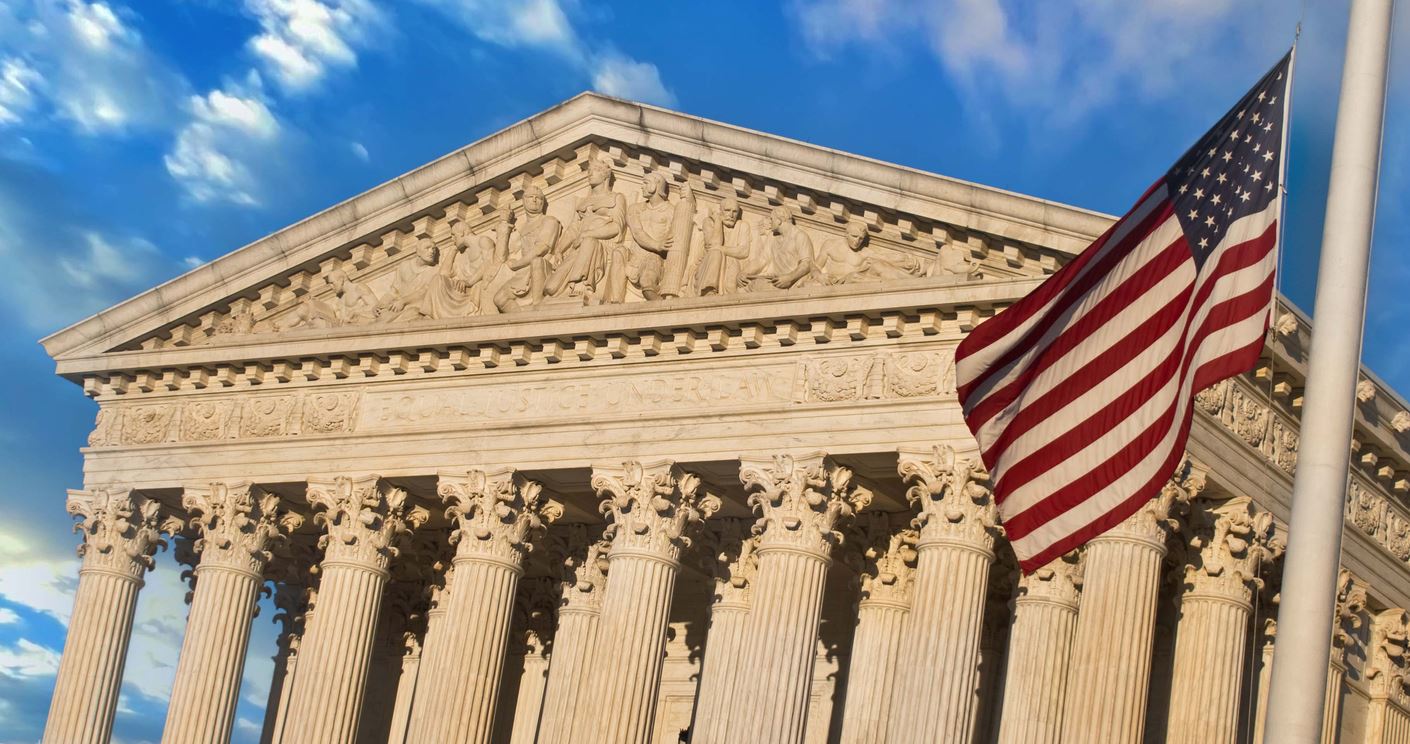On Monday afternoon, November 29, 2021, United States Supreme Court Justice Stephen Breyer refused to grant an emergency injunction to employees at a Boston-based Mass General Brigham Hospital who were challenging the Hospital’s COVID-19 vaccine mandate. Justice Breyer denied the request without providing any explanation for his ruling. The Justice also acted without any written or oral submissions from the Hospital articulating its basis for why the Court ought to deny the emergency injunction.
The Hospital began enforcing its COVID-19 vaccine mandate on November 5, 2021. It terminated employees that refused to comply with the mandate. Both the District Court and the First Circuit Court of Appeals denied the employees’ request for a preliminary injunction. By appealing to the Supreme Court, the affected employees sought an injunction to stay enforcement of the vaccine mandate, while their appeal is pending at the Boston-based First Circuit.
The thrust of the employees’ argument is that Mass General is violating their Title VII rights and the Americans with Disabilities Act by enforcing the vaccine mandate without accommodation. This group of employees assert that other employees were offered an accommodation, while they were not offered a similar accommodation. The employees claim that the mandate violates their religious beliefs or places them in danger.
In their Petition for the Emergency Injunction, the employees write: “After putting applicants under constant pressure to forsake their religious beliefs and physical wellbeing, respondent has enforced its deadline for applicants to violate their sincerely held religious beliefs or place themselves in physical danger by taking a vaccine, and relief cannot wait.” They further argue: “By choosing not to violate their sincerely held beliefs or place themselves in physical danger, and losing their jobs as a result, applicants face the continuing inability to feed their children, the continuing loss of any practical ability to work in their professions, constant potential homelessness, and continuing significant emotional and psychological harm.”
In October, the Supreme Court rejected an appeal from Maine health care employees. In her opinion on the ruling, Justice Amy Coney Barrett focused her ruling on the procedural issues nature of the emergency docket, itself. However, its noteworthy that three of her conservative colleagues—Justices Neil Gorsuch, Clarence Thomas, and Samuel Alito—drafted a dissent which focused on the merits of the case.
Earlier in the year, the Supreme Court rejected challenges to vaccine mandates brought by New York public school teachers and Indiana University students and employees.


